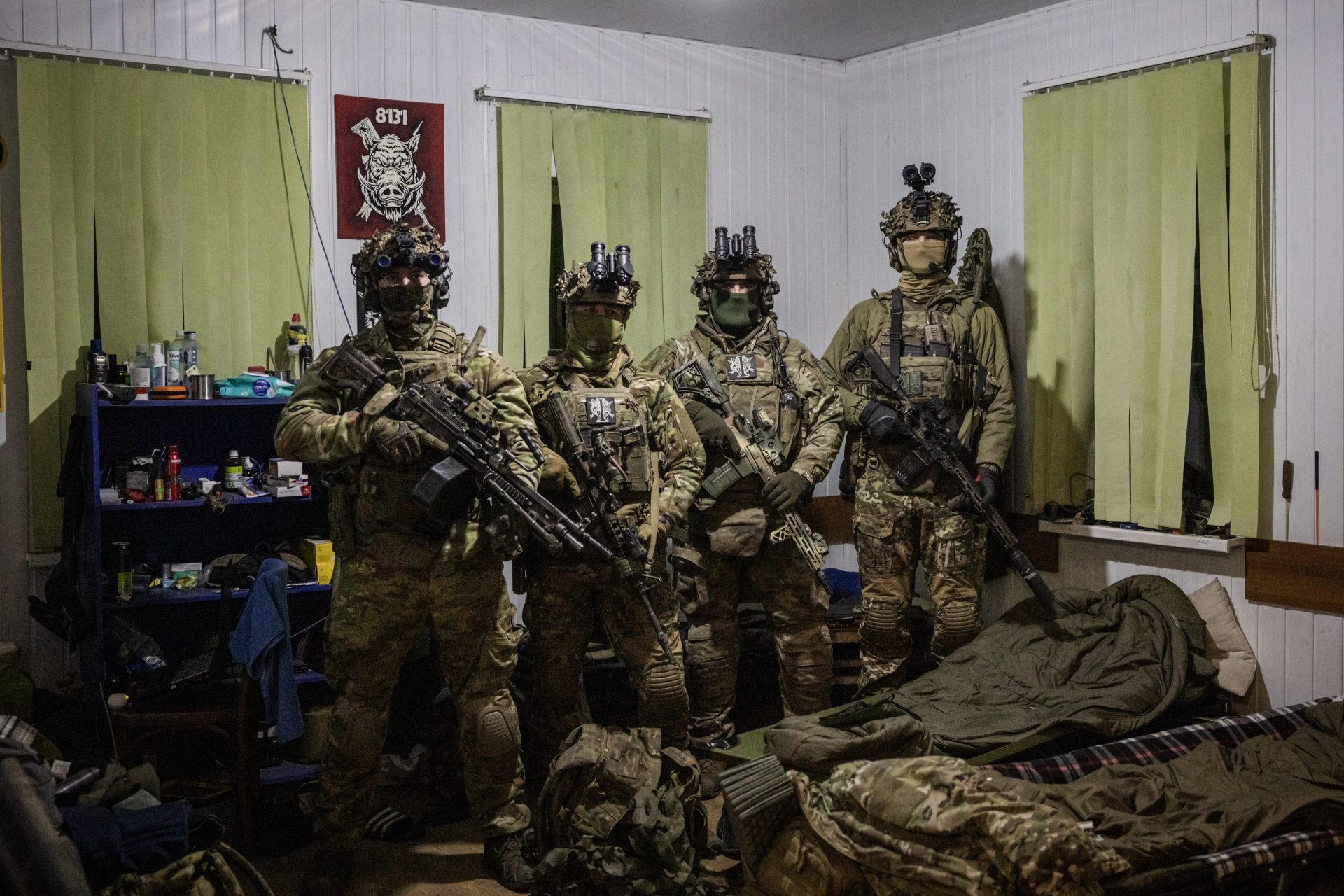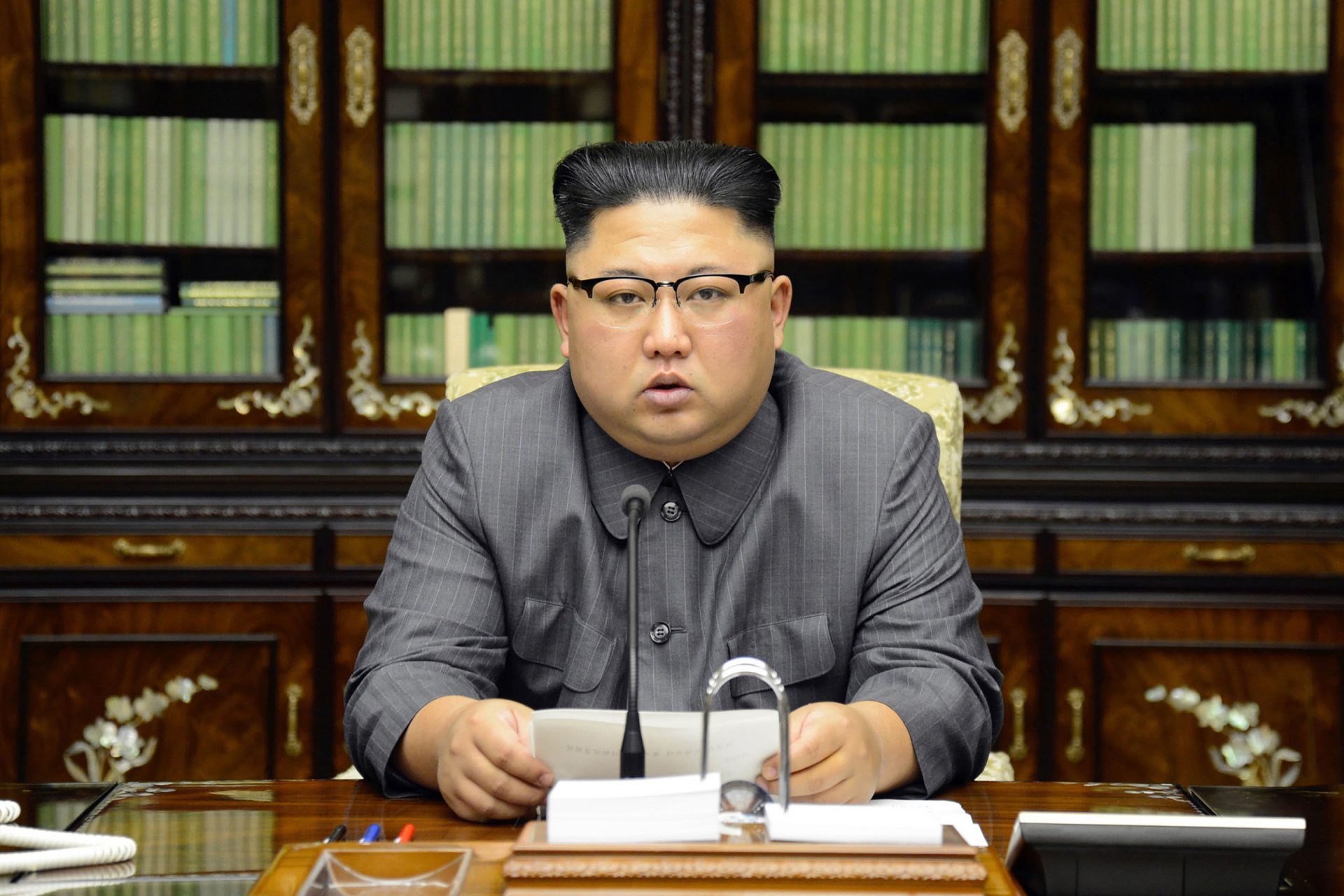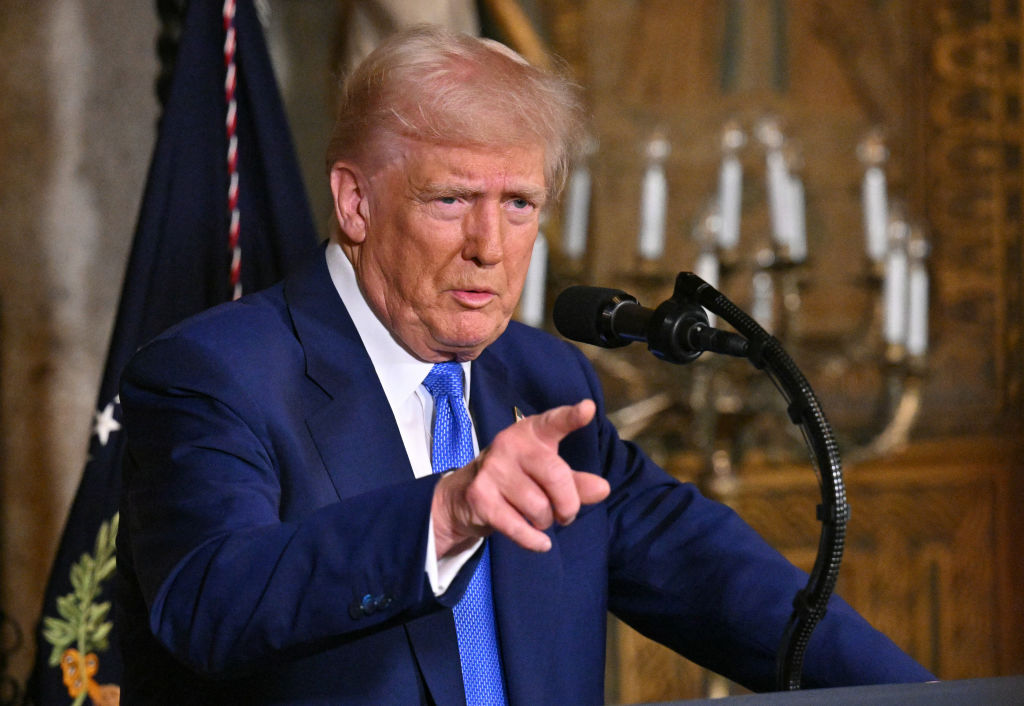The war on terror: Ayman al-Zawahiri and other Islamic leaders killed by the U.S.
He had already escaped an attack on January 13, 2016. Ayman Al-Zawahiri, the former right hand of Osama Bin Laden, wasn’t as lucky on this occasion, six years later, when he was killed by a drone strike operation.
American intelligence had found him in Kabul and, as reported by the New York Times, had followed his movements for months, before launching a targeted attack with a drone on the house where he was hiding.
The killing of Al-Zawahiri was a very important victory in the "war on terror," which started after the September 11 attacks on the Twin Towers, in 2001.
Ayman Al-Zawahiri, who took charge of Al Qaeda after the killing of Osama Bin Laden, was one of the 22 most wanted terrorists in the world. On his head hung a 25 million dollar price.
His father was a doctor. His maternal grandfather had been rector of Cairo University and Egyptian ambassador to Pakistan, Yemen and Saudi Arabia, while his paternal grandfather was the Imam of the Al-Azhar mosque in Cairo. His grandfather's brother was the first Secretary General of the Arab League.
While studying medicine, he became a member of the Muslim Brotherhood, which later contributed to the creation of the Egyptian Islamic Jihad (EIJ), believed to be responsible for the death of President Anwar Sadat in 1981, although this has never been proved.
In 2011, his sister, Heba Mohamed al-Zawahiri, offered Corriere della Sera a portrait of his brother's personality: “Ayman is not capable of compromise. He sees all white or all black. This is his problem. I don't know why he became so radical. He was very shy and silent. He prayed and studied. A good boy, in short.”
Timid or not, the rumors of his participation in attacks such as those of 1998 on the US embassies in Kenya and Tanzania, even if never corroborated, had placed him at the center of the radar of the fight against terrorism.
On the day of the 20th anniversary of this tragedy, in which more than 3,000 people lost their lives, its last public appearance dates back to a video message broadcast by the media arm of al-Qaeda, as-Sabah. On that occasion he had made an appeal to all Muslims to launch attacks on Western forces.
Although previously, Osama Bin Laden was considered to be the author of the 9/11 attacks, some experts believe Al-Zawahiri was the real mastermind behind it, according to the New York Times.
Dia'a Rashwan, in fact, had analyzed its importance in the pages of the New York Times, concluding: "He has more experience than Bin Laden. Since the 1970s his name has often been associated with the various cases in which Islamic extremists have been involved.''
Given the size and relevance of the figure of Ayman Al-Zawahiri in the universe of terrorism, for Biden and the US intelligence, his elimination was an operation of great importance, especially following the controversy of the withdrawal of US troops from Afghanistan.
Speaking to the nation from the White House, announcing the killing of Al Zawahiri on July 30 (morning of July 31 in Kabul), Biden also issued a warning to those who intend to continue to threaten the American people: "It doesn't matter how long it takes or where you hide. If you are a threat, the US will find you."
Biden's words may well remind us of Bush’s speech about the war on terror. Since 9/11, many jihadist leaders have died at the hands of the United States. They define those series of operations as "targeted killings".
In 2006, American forces killed the Jordanian terrorist Abu Musab al-Zarqawi, the ferocious leader of al Qaeda in Iraq and the alleged author behind the terrible videos of the executions of Western hostages. A missile was launched from an airplane against his hiding place in Baghdad.
The death of Abu Musab al-Zarqawi is part of the war in Iraq, a country responsible, according to the Bush administration, for being a base for terrorism and for hiding weapons of mass destruction.
During the Obama administration, however, Bin Laden was Al Qaeda’s leader and was hit during the night of May 1, 2011. He was killed in Abbottabad by American counter-terrorism forces, in Pakistan, after a ten-year hunt.
A single bullet launched by one of the Navy Seal commandos was enough to kill Bin Laden. The fact that he was in Pakistan caused a lot of controversy about how reliable Pakistan could be in the fight against terrorism.
In 2019, then President Donald Trump announced the death of Hamza Bin Laden, son of Osama and his apparent successor at the top of al Qaeda, during a raid in the region on the border between Afghanistan and Pakistan.
Photo: NJ Department of Homeland Security, Public domain, via Wikimedia Commons
Also in 2019, on the night between 26 and 27 October, Abu Bakr Al Baghdadi was killed in northwestern Syria. He was the number 1 of Isis at the time, the Islamic caliphate formed between Iraq and Syria and considered the new base of anti-Western terrorism.
It was him who took his own life, detonating an explosive vest during the raid, after taking refuge in a tunnel. Three of his children who he had brought with him also died.
The name of Abu Ibrahim al-Hashimi Al Qurashi was also linked to Isis. He was killed on February 3, 2022 in an American special forces raid in Syria. Again, the ISIS leader took off by detonating a bomb inside his house (in the photo) where his family was as well.
On July 12, 2022, another emblematic figure also lost his life near Jindires in Syria. A drone strike hit Maher Al Agal. He was considered one of the five most important leaders of ISIS.
In the photo, the site of the attack.
There are many unresolved issues in the war on terrorism, but the fact remains that it is a crime that has no possible justification, whatever its motivation or origin.
Newspapers around the world are already discussing who could be the successor of al-Zawahiri at the top of Al Qaeda. Al Jazeera had already talked about the interim appointment of Saif al Adel, al-Zawahiri's right-hand man, who could take on the role of the organization's leader.
Besides Al Adel, there’s various candidates who would be eager to take over leadership of Al Qaeda. This would indicate that the killing of yet another jihadist leader doesn’t put an end to the war on terror, rather it seems to be far from over.
More for you
Top Stories








































